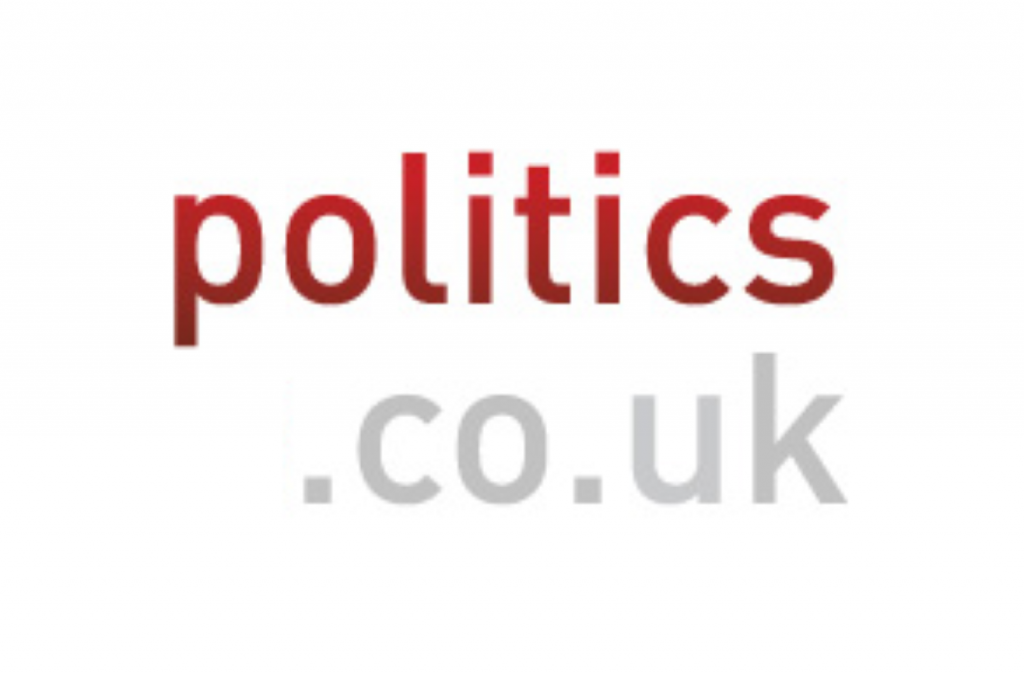Election 2010: Scotland, Wales and NI
The nationalist impact makes electioneering in the more electorally complex devolved nations of Britain more frantic – and much harder to predict.
Six months out from the likely date of the general election on May 6th, here’s a pick of some of the key battlegrounds which could dominate the coming campaign.
Scotland


Scotland faces an unprecedented electoral scenario in 2010. For the first time, two governments are going head to head. The Scottish National party (SNP), who appeared an enormous threat after their narrow by-election triumph in Glasgow East, will view Labour with more of a sense of threat after Lindsay Roy held Glenrothes in their most recent head-to-head. If a hung parliament scenario emerges, an SNP improvement on their current single-figure MP tally could see them emerge as power-brokers. The election north of the border matters.
Recent research from PoliticsHome has suggested even if the SNP do well in terms of the share of the vote they may not necessarily reap the benefits when it comes to seats. That’s why so many SNP-Labour battlegrounds matter. In Dundee West, Jim McGovern will attempt to resist SNP representation at Holyrood and local council level. In Ochil and South Perkshire, the Conservatives could conceivably make a comeback after their 1997 wipeout north of the border, but otherwise this is another Labour-SNP fight.
We’ll be following Edinburgh South closely, as this is another three-way race. Nigel Griffiths, the Labour ex-minister who quit over Trident, will find himself under threat from the Lib Dem candidate Fred Mackintosh, whose party finished just 405 behind in 2005. But the Tories are in the chase too. How they fight their campaign could prove king-making here.
Against the likely trend, David Mundell – the only Tory MP in Scotland – will feel extremely vulnerable with a majority of just 3.9 per cent in Dumfriesshire, Clydesdale and Tweeddale. It’s not all bad for the Tories though – Peter Duncan will be seeking to make a return to his old seat in Dumfries and Galloway.
Wales
The nationalist impact is more muted in Wales, where Plaid Cymru have been forced to accept the constraints of coalition government. Conservative success in 2009’s local elections makes Wales more similar to England than Scotland, too. Hence their possible victories in Brecon and Radnorshire, the Lib Dem seat held by Roger Williams; Bridgend, held by Labour’s Madeleine Moon; and Cardiff North and the Vale of Glamorgan, where Labour incumbents are standing down.
The big question for Wales is the extent to which Plaid will be able to steal seats off Labour. Boundary changes have given them the decent prospect of a gain in Aberconwy, despite the seat being defended by Betty Williams. Her 3,081 2005 majority is slashed to a notional majority of just 243. The nationalist logic here is that moving Labour voters from Conwy, where they just voted against the Tories, into this traditional Plaid area means they will just end up voting Plaid. That’s all very well, but the Tories are after this seat too: it’s their target seat number five. Expect a frenetic campaign here.
Things are more simple in Llanelli, a strong Labour seat held by Nia Griffith whose 7,234 majority in 2005 looks very strong. But that ignores changes in local demographics, which have shifted over the years to give Plaid a stronger shout. They believe they could make a surprise upset here and, after all, have a 4,000-plus hold on the Welsh Assembly seat and most of its council seats.
Other seats in Wales to keep an eye on are Ynys Mons, which has been held by every party since the second world war and features a regular independent who consistently performs well, and Ceredigion, where the Lib Dems’ Mark Williams has a majority of 219.
Northern Ireland
The province’s separate party system means, as always, it will attract little attention across the Irish Sea. The big story is the Conservatives’ reunion with the moderate Ulster Unionist party, which could hand the Tories one or two seats. There is a chance that strategy could backfire, however, as UUP MP Sylvia Hermon has made clear she opposes the strategic tie-up. Her North Down constituency could remain hers if she decides to stand as an independent.












